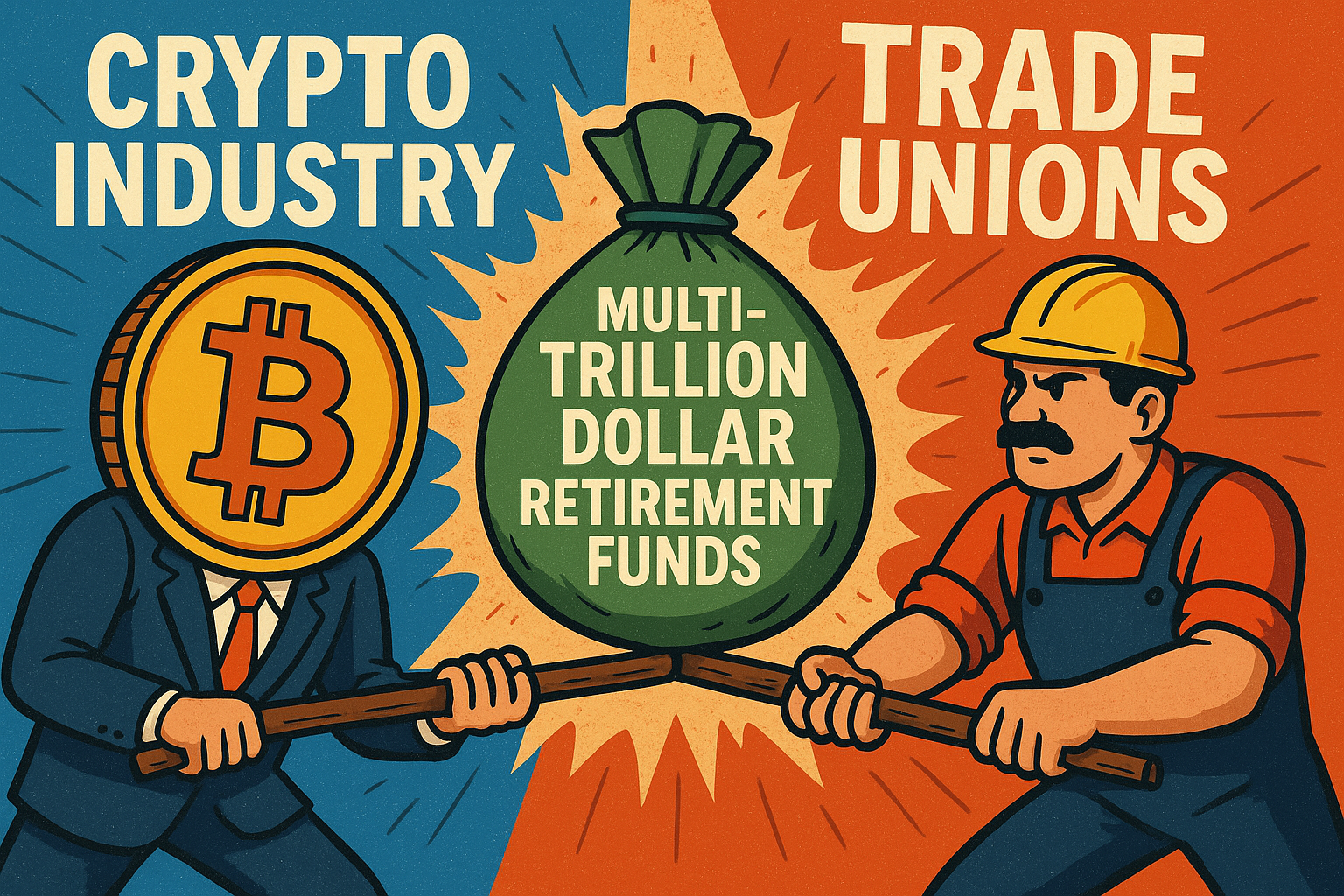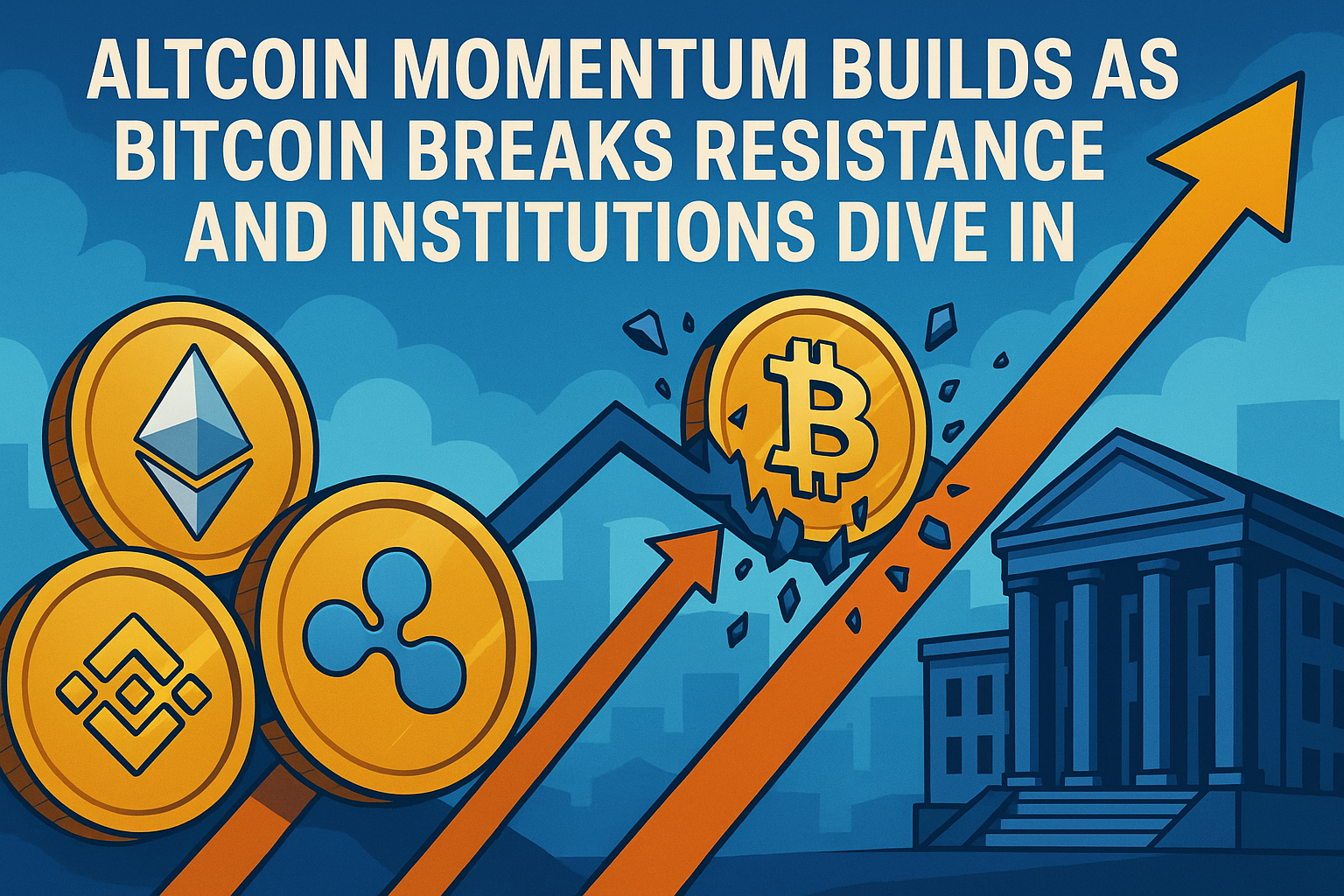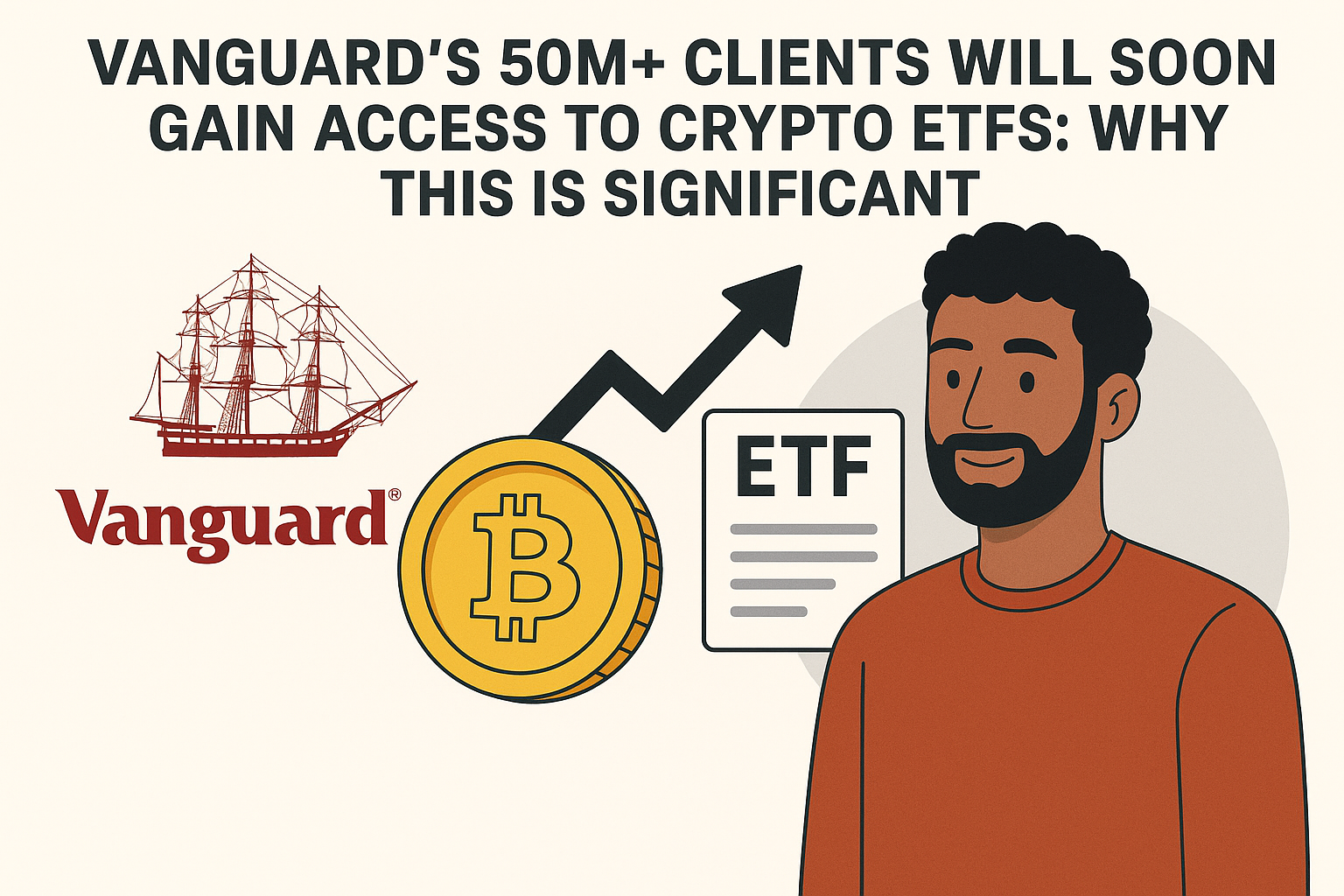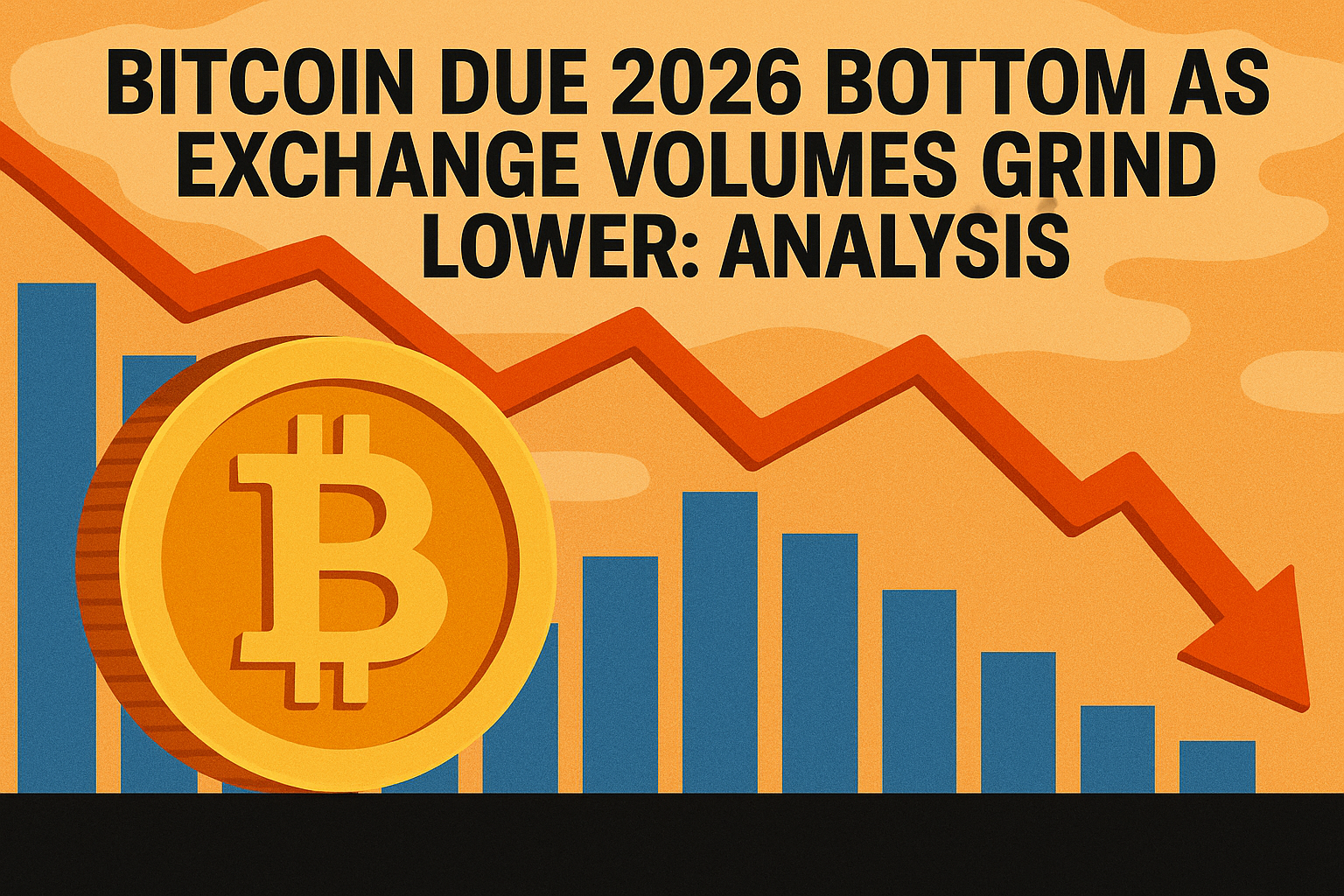Table of Contents
What is Dafi Protocol (DAFI)?
Dafi introduces the first of its kind to use network rewards for building a decentralized economy. Instead of directly issuing tokens for staking & liquidity – This means that the token’s released & network demand is proportional. By linking these two factors, it attracts longer-term users to be incentivized longer, supporting adoption.
DAFI was created nearly two years ago as a protocol that reinvented the Defi rewards system. With the introduction of Super Staking, the way in which protocols earn rewards has been revolutionized entirely.
Super Staking forces a minimum lockup period, ensuring token holders are incentivized to hold their tokens for the long-term period. This helps improve stability in the project and not be dependent on short-term holders and speculators. This feature also helps to counter inflation, as the number of tokens available is limited and rewards are not added to the total supply.
Over the next few months, DAFI will merge a centralized exchange experience with a decentralized exchange experience, combining the speed and smoothness of a centralized exchange with all the best parts of decentralized exchanges. They will create an exchange that combines their multichain order-book aggregator, AI algorithms, Super Staking improvements, and a form of multiparty computation.
This new upgrade will allow users to earn a share of the fees generated on the platform. Users will also be able to take advantage of the various token rewards that come with Super Staking. This upgrade will make it easier for users to diversify their portfolios, as well as make Super Staking a more profitable option.
It should also be noted that the $DAFI token utility will also be upgraded. Once upgraded, most of the trade fees generated on DAFI's hybrid exchange are shared with DAFI Super Stakers. This will offer users the ability to earn on multiple trade fees; by staking $DAFI, DAFI Protocol will make it possible to earn DAFI. Users will earn from exchange fees from various cryptos (ETH, USDT, BNB,) and more, giving the user exposure to a wide range of tokens, as well as helping to better incentivize Super Staking.
DAFI Protocol's upcoming hybrid exchange is expected to launch on a Testnet in May 2023, and to have a full launch on a Mainnet by June 2023.
Current Price:
The chart above provides the current trading price for this project and can be set to display various time frames, including the entire price history for the project:
Should You Buy Dafi Protocol (DAFI) Now?
The indicator below is provided by Trading View and is an algorithm that includes many commonly used technical indicators such as trendlines, moving averages, and momentum indicators, aggregated into an all-in-one "Buy or Sell" indicator for this project.
This is the current buy/sell sentiment based on technical indicators:
Was it a Good Investment?
This article was published on February 6th, 2023 when the trading price for DAFI Protocol was $0.03713.

A $1,000 investment in this project would have bought 26,932 tokens.
Today that $1,000 investment is now worth:
DAFI Project Links:
- Website: https://dafiprotocol.io/
- Twitter: https://twitter.com/dafiprotocol
- Telegram: https://t.me/dafiprotocol
Before Investing in any Crypto Project
It is important before making any decision to purchase any cryptocurrency, to research and analyze the project as well as Do Your Own Research (DYOR). This can include performing both a technical and fundamental analysis of the project.
If you are thinking of investing in this project, here are some initial steps you should consider in order to make an informed decision:
Initial factors to take into consideration:
- Historical performance: Look at how the cryptocurrency has performed over a period of time and see if it has shown stability or volatility within the price.
- Volume: Analyze the trading volume of the cryptocurrency to see if there is sufficient liquidity and market demand to be able to sell when needed. This is especially important when dealing with low-capitalization altcoins.
- Market cycles: Be conscientious of market cycles and how they may impact the price of the cryptocurrency, this can include the overall market trend (bull/bear market) as well as the cycle for the specific project.
- Market sentiment: Observe the general sentiment of the market regarding the project and assess if it is positive or negative towards the future market price of the project.
- Market events: Search for any major current or near future events that may have an impact on the future price of this project. This can include upcoming new releases, public partnerships, or even regulatory developments.
It is important to note that past performance is not a guarantee of future performance. This is especially true for cryptocurrency projects as this is a highly volatile (and speculative) market.
If you have decided to move forward on the project, it is worth conducting both a technical and fundamental analysis of the project.
Fundamental Analysis
Fundamental analysis helps in determining the long-term success of a cryptocurrency project and this is especially important if you are looking to hold the cryptocurrency for a long period of time. If you are only interested in short-term gains, you may ignore this can go straight to the technical analysis.
Fundamental analysis is a method to evaluate the "intrinsic value" of the crypto project and the following factors should be taken into consideration:
- Technology: Evaluate the technology behind the cryptocurrency, including its security, scalability, and potential for future developments.
- Adoption: Assess the level of real-worldwide adoption and usage of the cryptocurrency, as well as its potential for future growth.
- Competition: Analyze the competition in the market and how it may impact the demand and value of the cryptocurrency.
- Team and leadership: Look at the team behind the cryptocurrency and their experience, track record, and plans for future development.
- Partnerships: Consider any partnerships or collaborations that the cryptocurrency has established, as they may impact its future growth and adoption.
- Regulatory environment: Analyze the regulatory environment and legal status of the cryptocurrency in your country, as it may affect its future value and adoption.
- Financials: Examine the financial health of the cryptocurrency, such as its revenue, expenses, and market capitalization.
Technical Analysis (When to Buy or Sell)
Technical analysis is a method used to evaluate the price movement and trends of a cryptocurrency by analyzing its historical price data and chart patterns to determine the probable future price movement..
The aim of technical analysis is to identify buying and selling opportunities by analyzing market trends and making predictions about future price movements and is one of many tools used to determine probable future movement by analyzing data and statistics gathered from historical trading activity, such as price movement and volume.
Technical analysis is important because it can help investors to identify potential buying and selling points based on past price movements and market trends.
When conducting technical analysis for purchasing a cryptocurrency, the following factors should be taken into consideration:
- Charts: Analyze the price charts of the cryptocurrency to identify trends, support and resistance levels, and chart patterns.
- Indicators: Use technical indicators, such as moving averages, volume, and oscillators, to gain insights into market sentiment and potential buying and selling points.
- Trends: Identify the long-term and short-term trends of the cryptocurrency, including bull and bear markets, and make predictions about future price movements.
- Volatility: Observe the volatility of the cryptocurrency and assess if it is suitable for your risk tolerance and investment strategy.
- Market events: Consider any market events that may impact the price of the cryptocurrency, such as news, partnerships, or regulatory developments.
Conclusion:
Before investing in any cryptocurrency project, it's important to perform your own research and due diligence. In doing so, you will help to minimize your risk and maximize your gains on the investment.








